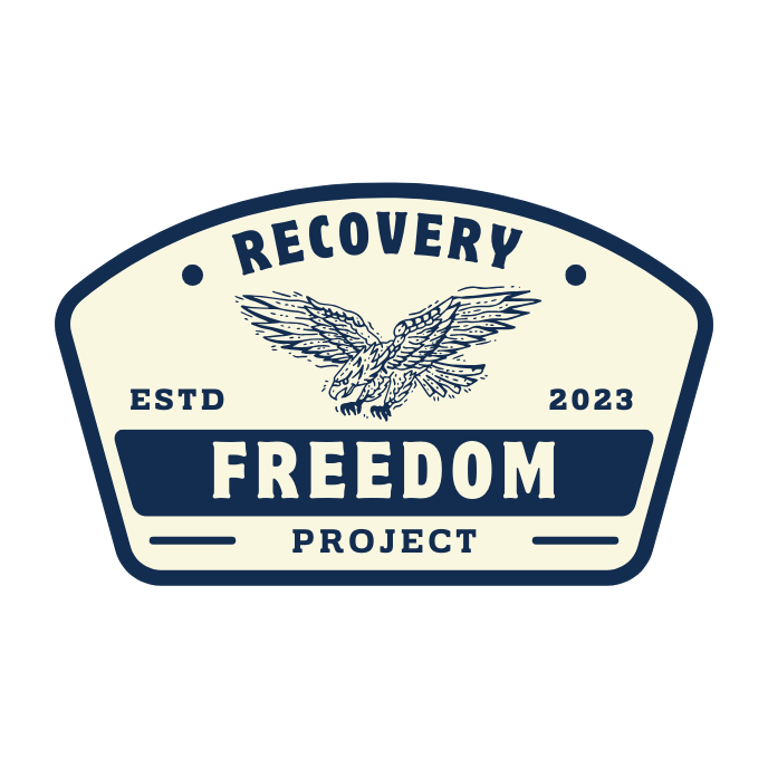Getting Over Your Fear of Online Recovery Programs
RECOVERY
Adam Loew
10/28/20257 min read


So there you are, staring at your laptop screen with that meeting link just sitting there. Your heart’s racing, your hands are getting sweaty, and your brain is running through every possible worst-case scenario. Sound familiar? You’re not alone in feeling terrified about joining online alcohol recovery programs. That anxiety you’re experiencing? It’s completely normal, and most of those fears running through your head are way scarier than what actually happens in these meetings.
The Big Fears Everyone Has (And Why They Feel So Real)
Let’s be honest about what’s really going through your mind right now. You’re probably imagining logging into a virtual room where everyone’s got their life together, and you’re going to be the mess who doesn’t belong. Maybe you think your story isn’t “bad enough” or that people will think you’re just making excuses.
Here’s the thing about that fear of judgment – the people in these online recovery programs have been exactly where you are. They’ve sat in front of their computer for twenty minutes, too scared to go into a meeting. They’ve joined a Zoom call and immediately wanted to close their laptop. They get it because they’ve lived it. The whole point of recovery communities is that nobody’s there to judge – they’re there because they need the same support you do.
Then there’s the sharing anxiety. You’re worried about opening up about personal struggles with alcohol in front of strangers, becoming emotional, or revealing too much too soon. But here’s what’s great about most meetings – sharing is always voluntary. You can sit there and just listen for as long as you need to. When you’re ready to talk, you can share as much or as little as you want. “Hi, I’m Sarah, and I’m struggling with drinking” is perfectly fine.
Why Feeling Scared Is Actually Totally Normal
Addiction messes with your head in a lot of ways. It makes you feel isolated, ashamed, and unable to trust yourself or others. So, of course, the idea of reaching out feels scary – your brain has been telling you to hide and handle everything alone.
Research shows that fear of stigma is one of the biggest reasons people don’t seek help for addiction. You’re literally part of a huge group of people who feel exactly the same way. The difference between people who get better and people who keep struggling often isn’t about being braver – it’s about doing the scary thing anyway.
Think about it this way: you already know that trying to handle this alone isn’t working. The fear you’re feeling about getting help? That’s just your addiction trying to keep you isolated. It’s like your brain’s security system going off, but sometimes the alarm is wrong. Understanding that anxiety is a normal part of the recovery process can help reduce its power over your decisions.
What Actually Happens in Online Meetings (Spoiler: It’s Not That Scary)
Okay, so you’ve worked up the courage to click that meeting link. What actually happens? Most online alcohol recovery programs follow a pretty standard format. Someone starts the meeting by reading some basic information about the program. Then people share if they want to. That’s it. No pop quizzes, no forced participation, no judgment panel.
You can keep your camera off if you want. You can mute yourself. You can even change your name to something generic if that makes you feel more comfortable. The flexibility of virtual outpatient rehab means you can participate at whatever level feels safe for you. Studies show these programs can be 60% more effective than other approaches, but the format is surprisingly low-key.
The people you’ll meet are just regular people who happen to be dealing with drinking problems. You’ll meet people who have jobs, families, and hobbies – regular folks working on their recovery. The chat features in online meetings often show this even more clearly, with people sharing encouragement, resources, and sometimes even funny comments that lighten the mood. Most online alcohol treatment programs have clear guidelines about confidentiality, too, so what’s shared in the meeting stays in the meeting.
Simple Strategies to Deal with Meeting Anxiety
You don’t have to jump into the deep end right away. Maybe start by just observing a meeting without your camera on. Think of it like window shopping – you’re just checking things out to see what it’s like. Some online outpatient treatment programs offer specific newcomer meetings for people just starting.
Before you join your first meeting, set yourself up for success. Make sure you’re in a private place where you won’t be interrupted. Have some water nearby, test your technology beforehand, and maybe let a supportive friend know what you’re doing so they can check in with you afterward. Remember that you can leave anytime you want – no one’s going to chase you down or make you explain yourself.
Focus on listening first. Most people spend their first few meetings just listening, and that’s perfectly fine. You’re not expected to share your story or participate actively right away. Think of it like learning a new language – you listen first, then gradually start participating when you feel ready. Having that escape route actually makes it easier to stay, because you know you’re in control.
Real Success Stories That Matter
The research includes some pretty amazing stories from people who were terrified to start but found exactly what they needed. One person shared, “Today I have a quality of life which is beyond description. A life that is worry-free.” Another celebrated being “clean and sober for two and a half years!” But here’s what’s great about these stories – most of them start with someone being scared out of their mind about joining their first meeting.
What’s really cool is that the benefits go way beyond just stopping drinking. People talk about having better relationships, feeling more confident, and finding a sense of community they didn’t know they were missing. The structure of online outpatient treatment programs varies, but the consistent theme is that people find support they didn’t expect and tools they actually use.
Finding the Right Program and Taking Your First Step
Not all recovery programs are the same, and that’s actually a good thing. Some focus more on spiritual elements, others are more secular. Some are discussion-based, others follow a more structured format. The key is finding one that feels right for you. There are tons of online alcohol treatment programs free for people who need support, which removes the financial barrier that stops a lot of people from getting help.
When you’re ready to take the plunge, pick a time when you won’t be rushed or interrupted. Join a few minutes early if you can – it gives you time to get comfortable with the technology and maybe chat with the host if you have questions. Remember that choosing the right online alcohol recovery program depends on what feels comfortable for you, and it’s okay to try different meetings until you find one where you feel like you belong.
However, no matter how your first meeting goes, give yourself credit for showing up. That’s actually a huge deal, even if it doesn’t feel like it. Some people feel immediate relief, others feel overwhelmed, and some feel kind of neutral about the whole thing. All of those reactions are normal. Consider reaching out to someone you met at the meeting or exploring additional resources.
Moving Forward with Confidence
The anxiety you’re feeling about joining online alcohol recovery programs is real, valid, and shared by pretty much everyone who’s ever considered getting help. But here’s what’s important to remember: that fear is temporary, while the benefits of getting support can be life-changing. You don’t have to have everything figured out before you join a meeting. You don’t have to be at rock bottom, and you don’t have to be ready to share your whole story.
The people in these meetings understand exactly what you’re going through because they’ve been there too. They’re not there to judge you or fix you – they’re there because they need the same support you do. And that shared experience creates something pretty special: a community where you can be honest about your struggles without feeling ashamed.
Your recovery journey will be unique to you, and there’s no single right way to do it. Whether you start with online meetings, in-person groups, or a combination of both, the most important thing is taking that first step. The fear you’re feeling today might just be what motivates you to make a change that transforms your life. So maybe bookmark that meeting link, maybe join one just to see what it’s like, or maybe reach out to someone who’s been where you are.
Your Next Move (Because You’ve Got This)
Here’s the bottom line: asking for help isn’t giving up – it’s actually one of the bravest things you can do. That meeting link isn’t going anywhere, and neither is your opportunity to get the support you deserve. You’ve already taken the hardest step by acknowledging that you might need help. Everything else is just logistics.
Start small if you need to. Join a meeting with your camera off. Listen for a few sessions before you say anything. Find a program that aligns with your beliefs and comfort level. The flexibility of online recovery programs lets you ease into them at your own pace. There’s no rush, no pressure, and no judgment about how you choose to begin.
Remember that thousands of people have felt exactly the same anxiety you’re experiencing right now, and they’ve gone on to find the support, community, and tools they needed for successful recovery. The supportive communities waiting in online recovery meetings understand your struggles because they’ve lived them too. They’re ready to welcome you with open arms and help you navigate this journey toward sobriety and wellness. Your future self will thank you for taking that first brave step.
Resources
Find comprehensive resources for recovery support here.
Contact
Support
© 2025. All rights reserved. The Freedom Project 501c3
